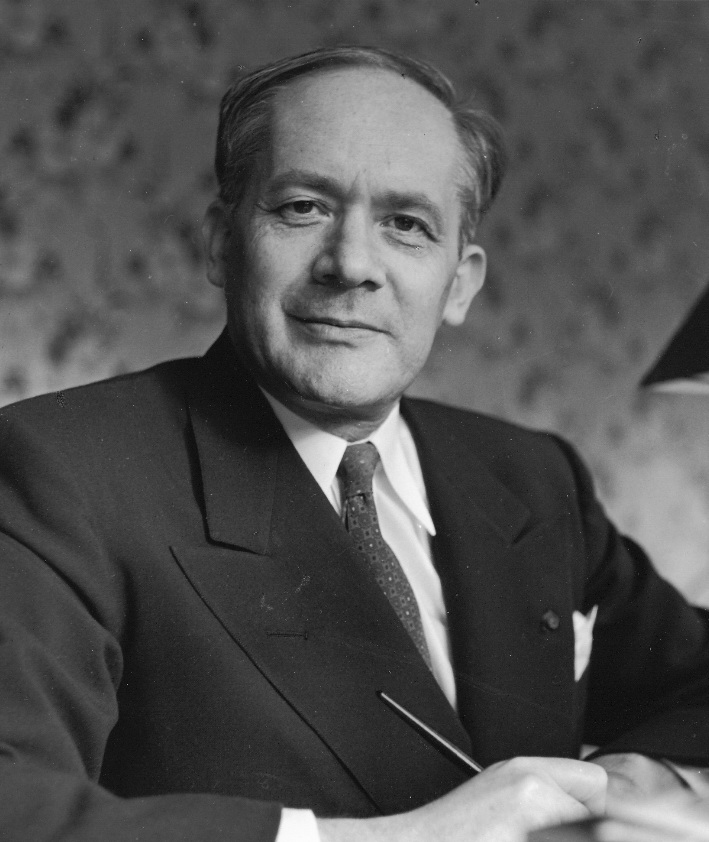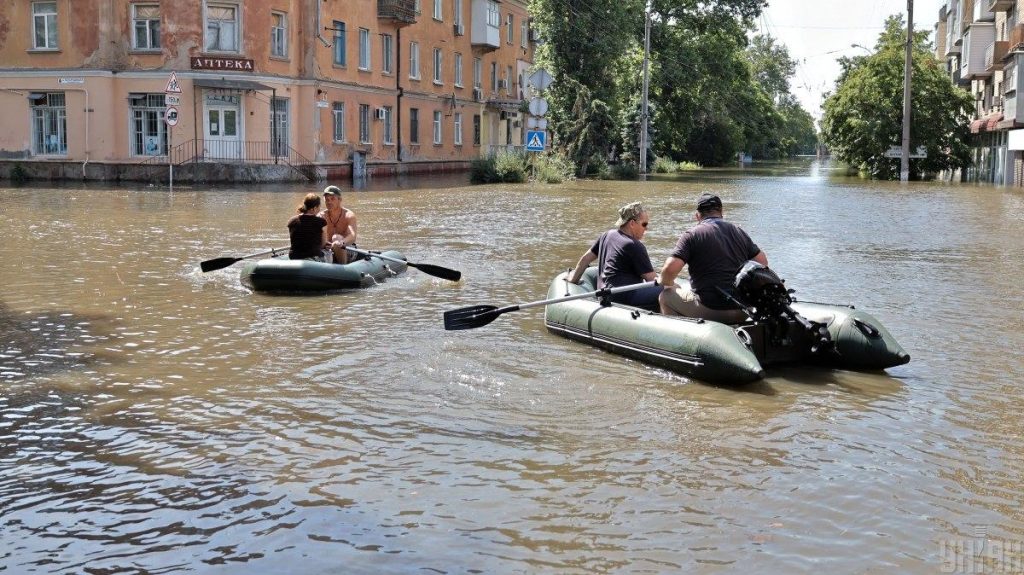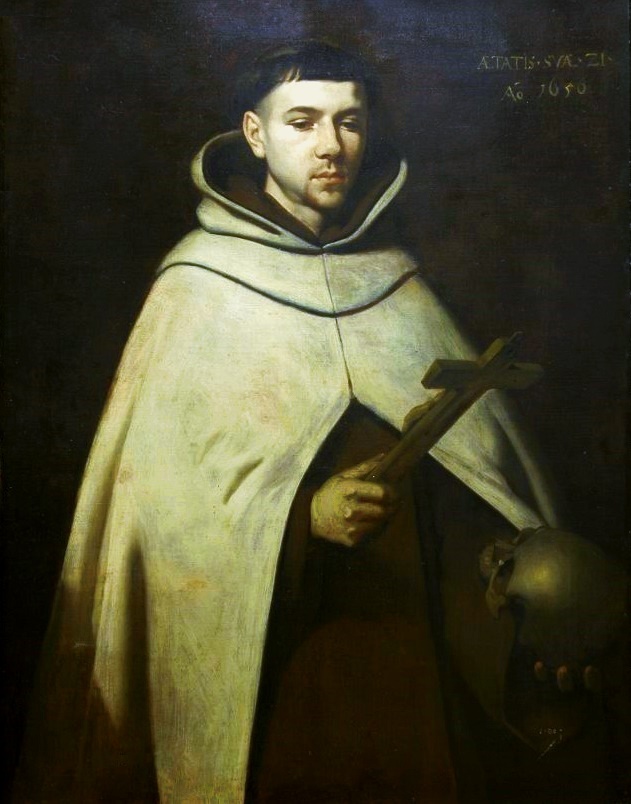
Greg Marcar is a research associate at the Centre for Theology and Public Issues at the University of Otago (New Zealand). He is also a co-editor, with Tania Pagotto and Joshua Roose, of Security, Religion, and the Rule of Law: International Perspectives (Routledge, forthcoming).
Genocide
Coined by the father of the 1950 Genocide Convention, Polish Jewish lawyer Raphael Lemkin (1900–59), the term genocide combines the Latin term cide (killing) with the Greek term genos (group). In deciding on this combination of terms, Lemkin rejected the suggestion that cide should be more straightforwardly combined with the Latin genus.[1] Lemkin’s rationale for this centered on his belief that the Greek term was broader in scope than its Latin equivalent,[2] as exemplified for Lemkin by the epistles of (Pseudo)Plato, identifying philosophers as a genos.[3] For Lemkin and his supporters at the UN, what makes a particular collectivity a human genos is its religious, philosophical, or cultural spirit. Consequently, genocide signifies an attempt not only to eradicate a genos’s physical existence but also to destroy its cultural-spiritual “life.”[4] Indeed, Lemkin elsewhere argues that “[t]he philosophy of the Genocide Convention” entails that human groups be protected “not only by reasons of human compassion but also to prevent draining the spiritual resources of [hu]mankind.”[5] Although not always understood as such, the concept of genocide expounded by Lemkin was inextricably connected to human spirit.

In March 2023, the International Criminal Court (ICC) issued Vladmir Putin’s arrest warrant for war crimes, following the mass abduction of Ukrainian children by Russian forces. This is a serious international charge. Many have speculated, however, that the ICC could (and perhaps should) have gone further and charged Putin with the crime of genocide.[6] One conceivable reason that the ICC did not do this is that a nexus between child abduction and the crime of genocide is unprecedented. Against this—and in line with our preceding observations on Lemkin’s conceptualization of genocide—it may be noted that a nexus between genocide and child abduction was in fact made during the discussions that led up to the 1948 Genocide Convention. In his autobiography, Totally Unofficial, Lemkin describes an intervention made by Judge Riad Bey (the delegate from Saudi Arabia) against the suggestion that genocide be replaced with a crime of “extermination.” Judge Riad rejected this proposed substitution by noting that extermination can refer to the eradication of any kind of animal and, therefore, does not capture the particular nature of human groups, or genē, which is the object of geno-cide. Exemplifying this point, Judge Riad stated that “[a] group can be destroyed as a group even when the members are not all destroyed . . . . This is the case when children are taken by force to another cultural group.”[7] Seen thus, Russia’s alleged actions are not only within the meaning of genocide as originally conceived by Lemkin; they are precisely the kind of action that exemplifies the internal logic of calling the crime genocide in the first place.
From Genos to Oikos: The Proposed International Crime of “Ecocide”
In addition to genocide, it has been alleged that Russia should be found guilty of another crime that is not currently recognized by the 1998 Rome Statute regulating ICC jurisdiction: “ecocide.” The genus for this concept arose from a different conflict and context—namely, the United States’ use of the chemical “agent orange” from 1961 to 1972 in the Vietnam War. It is only recently, however, that the crime of ecocide has gained significant political and legal traction. In 2021, a panel of legal experts defined ecocide as “unlawful or wanton acts committed with knowledge that there is a substantial likelihood of severe and either widespread or long-term damage to the environment being caused by those acts.”[8] This, it is alleged, should be prosecuted in relation to Russia’s acts in Ukraine, in particular following the destruction of the Kakhovka Dam in early June 2023.

What is the relationship between the proposed crime of ecocide and the existing crime of genocide? This remains a live question amongst legal scholars.[9] One conceptual way of asking this question might be, What is the relationship between genos (of genocide) and oikos (a Greek term for “place of home” that constitutes the root of ecology and, therefore, of ecocide)? Lemkin himself does not explicitly address this quandary (although in an outline for a work on genocide that unfortunately he did not complete, he does allude to genocide in terms of the “[d]estruction of a house with its component parts”).[10]
Perhaps, here, theology may meaningfully contribute to the conversation.
Pope Francis vs. The Destruction of Our “Common Home”
In recent statements, Pope Francis is almost unique amongst religious and State leaders in explicitly and unambiguously supporting the recognition of ecocide as an international crime. In a 2019 address to the International Association of Penal Law, Francis spoke of introducing into the Catechism a sin against ecology, or “the ecological sin against the common home.” Drawing on the final document issued by the Amazon Synod (October 2019), Francis noted that a sin against ecology is a sin against future generations, as well as against “the principles of interdependence and . . . networks of solidarity between creatures,” as enshrined in paragraphs 340–44 of the Catechism. More recently, in November 2022, Francis again reiterated this call for “ecocide” to be added to the Rome Statute, this time framing it as the necessary corollary to the human right to a healthy environment and the right to life. The former cannot be protected in the absence of sanctions for the destruction of nature, Francis noted, just as a “right to life” for human beings is similarly meaningless if the life-sustaining ecosystem is not also recognized as having a right to exist.[11]
To fully appreciate the extent to which ecocide fits within Pope Francis’s theological vision, as well as how the oikos or “home” of ecocide might relate to the genos of genocide (as explored above), it is instructive to turn to Francis’s 2015 papal encyclical, Laudato Si’: On Care for Our Common Home. This encyclical derives its inspiration from St. Francis’s famous prayer, “Praised Be,” in which the saint describes creation (including “Sister Earth”) in familial terms: brothers and sisters, qua fellow creations by God. Speaking of how “[t]he universe unfolds in God, who fills it completely,” and hence “there is a mystical meaning” within each of the universe’s features, Pope Francis draws repeatedly from Stanza XIV of Saint John of the Cross’s mystical poem, the Spiritual Canticle.[12] This stanza by Saint John of the Cross (who is also known as the “mystical doctor” of the Catholic Church) reads:
My Beloved is the mountains,
The solitary wooded valleys,
The strange islands,
The roaring torrents,
The whisper of the amorous gales.[13]
St. John of the Cross begins his explanation of this stanza by pointing toward God’s instruction to Noah to fill the ark with all kinds of animals, as well as with “food” for both the animals and Noah’s family to consume (Genesis 6:21). In entering more deeply into the contemplation, love, and knowledge of God, the soul comes to appreciate, and derive spiritual sustenance from, the God-reflecting natural world. Significantly, this is the only stanza in which John of the Cross, in his explanation of the verses, cites St. Francis and his well-known affirmation of “Deus meus et omnia” (my God and my all).[14] John of the Cross further explains that “[i]nasmuch as the soul is one with God, it feels all things to be God according to the words of [the Prologue of] St. John: ‘What was made, in Him was life.’”[15]

Pope Francis concludes Laudato Si with “A Prayer for Our Earth,” in which he invites God to “[t]each us to discover the worth of each thing, / to be filled with awe and contemplation, / to recognize that we are profoundly united / with every creature / as we journey towards your infinite light.”[16] Seen from this perspective, then, the destruction of our common ecological home—whether through Russia’s alleged destruction of the Kakhovka Dam in Ukraine or through other acts of “widespread or long-term damage” on ecosystems—amounts to a destruction of the spiritual “food” (to draw again on John of the Cross’s Noahic metaphor) that fuels contemplation of God and our interconnectedness with the rest of His creation.
To destroy the integrity of a people (such as through the abduction of its children) or to destroy an ecosystem (such as through the deliberate destruction of an established dam) is, therefore, to inflict harms that are not merely physical in nature. In this, we also find a possible connection between the rationale for ecocide’s criminalization and Lemkin’s rationale for the crime of genocide. The destruction of our “common home” constitutes a depletion of humanity’s spiritual “food,” analogous to how the destruction of the human gene (in Lemkin’s view) drains the “spiritual resources” of humanity. Following Pope Francis and Raphael Lemkin, then, our response should be to pursue both prayer and justice.
[1] Raphael Lemkin, Totally Unofficial: The Autobiography of Raphael Lemkin 144 (Donna-Lee Frieze ed., 2013).
[2] Id.
[3] See id.
[4] See Raphael Lemkin, Axis Rule in Occupied Europe 79 (2005).
[5] See Raphael Lemkin, Lemkin on Genocide 3 (Steven Leonard Jacobs ed., 2012) (emphasis added).
[6] See, e.g., Council of Europe, Resolution 2495 (2023). For an argument against genocide charges being levelled against Russia, see William A. Schabas, Genocide and Ukraine: Do Words Mean What We Choose Them to Mean?, 20 J. Int’l Crim. Just. 843, 843–57 (2022).
[7] Lemkin, Totally Unofficial, supra note 1 at 131 (emphasis added).
[8] See Harroon Saddique, Legal Experts Worldwide Draw up ‘Historic’ Definition of Ecocide, Guardian (22 June 2021).
[9] For a non-exhaustive sample of contributions on this subject, see Lauren Eichler, Ecocide Is Genocide: Decolonizing the Definition of Genocide, 14 Genocide Stud. & Prevention 104, 104–21 (2020); Ewa Nowak, From Genocide to Ecocide. Essentials of a New Category of International Crime Against Humanity, 2 Undecidabilities & Law 75, 75–98 (2022); Bryan P. Galligan SJ, Re-theorising the Genocide–Ecocide Nexus: Raphael Lemkin and Ecocide in the Amazon, 26 Int’l J. Hum. Rts. 1004, 1004–31 (2022).
[10] Lemkin, Lemkin on Genocide, supra note 5, at 15.
[11] See Carta del Papa Francisco a la AAPDP, IUNMa: Institute Universitario Nacional de Derechos Humanos Madres de Plaza de Mayo (9 Nov. 2022).
[12] Pope Francis, Encyclical Letter Laudato Si’ of the Holy Father Francis on Care for Our Common Home at para. 234, Holy See: Francis (last visited 18 Sept. 2023).
[13] Saint John of the Cross, A Spiritual Canticle of the Soul and the Bridegroom Christ 105 (David Lewis trans., 1909).
[14] See id. at 108.
[15] Id.
[16] Pope Francis, Encyclical Letter Laudato Si’, supra note 12 para. 246.
